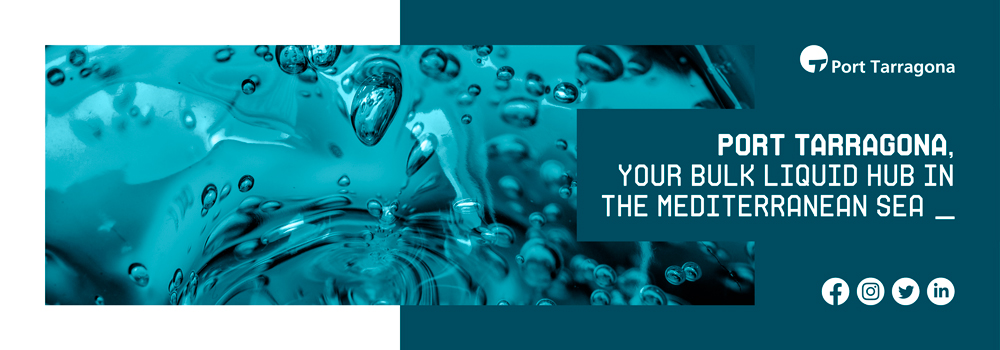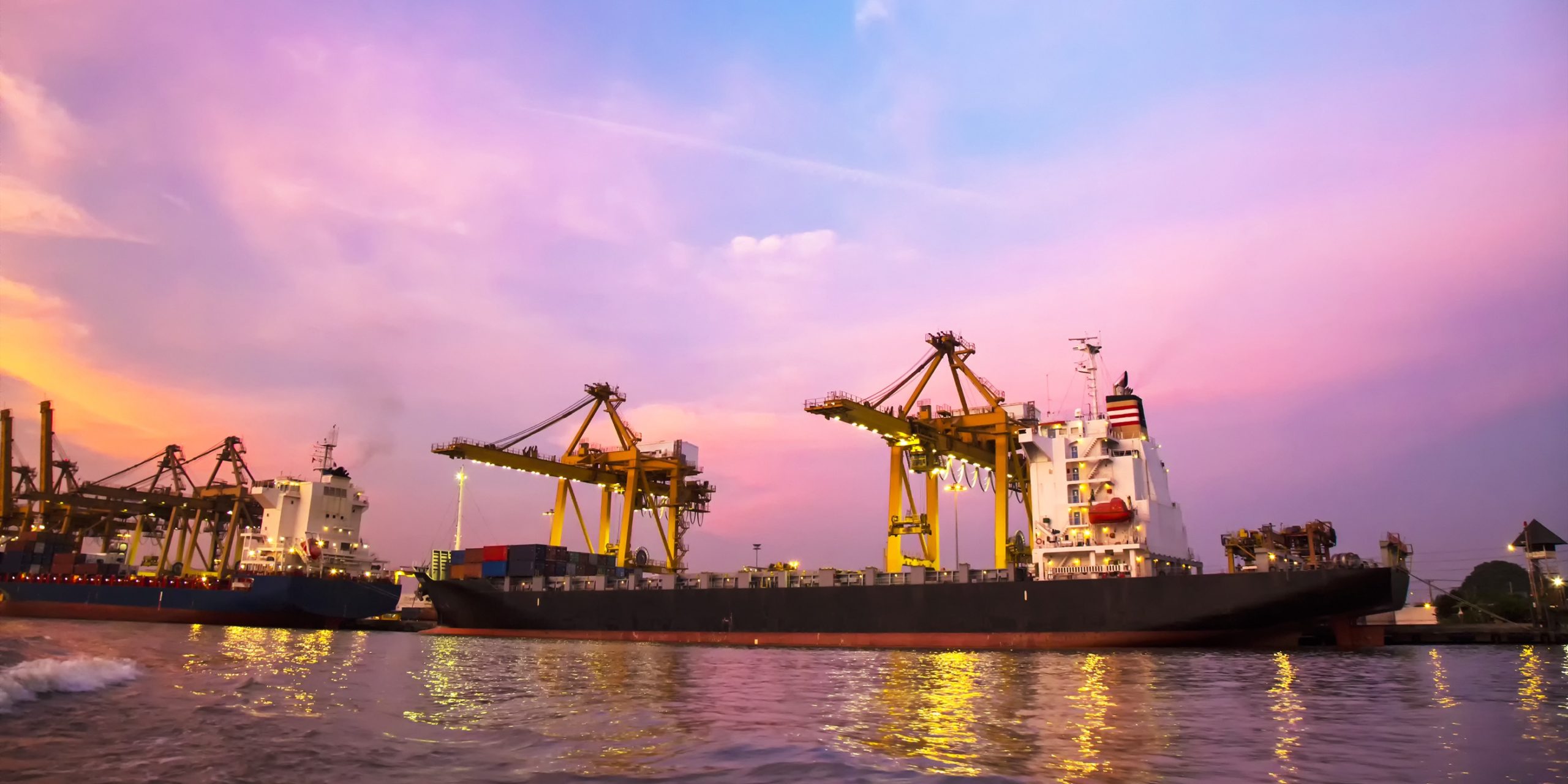Port of Rotterdam mulls extended shore power rollout
The Port of Rotterdam Authority and city municipality have started studies to increase the shore-based power facilities at its terminals.
The Port of Rotterdam Authority and the municipality of Rotterdam want shore-based power to be available in the container, cruise, and liquid bulk sectors, the port wrote in a statement.
Subsequently, studies have commenced at the terminals of Hutchison Ports ECT Rotterdam (ECT), APMT2, Vopak, and Cruiseport Rotterdam.
Before shore-based power can be installed at the terminals, studies have to be conducted, as well as detailed technical, environmental, and social costs and benefits analyses, tendering procedures, and permit procedures.
The studies will particularly focus on how shore-based power installations can be integrated with regular operations. Dimensioning of the installation itself, the space required on the quay, and the further integration with the existing electrical grid are important aspects that need to be dealt with.
If the studies remain on schedule, they should be completed in 2023, the port added.
In the next phase, shore-based power is realised at the designated locations in the Port of Rotterdam, on the basis of the study findings.
The findings should reveal how shore-based power can be rolled out in the Port of Rotterdam to reduce CO2 emissions and air pollution. The studies into the introduction of shore-based power at new terminals in the port is partly subsidised by the EU.
The port authority has calculated that the total energy demand of sea-going vessels in the port amounts to approximately 750-850 GWh. This is equivalent to the energy consumption of 250,000 households.
As soon as shore-based power is in place, it will be used at several dozens of vessel visits. This number will increase to hundreds of visits per year when more vessels are adapted for the use of shore-based power and more berths are equipped with an installation.
Port of Rotterdam Authority CEO Allard Castelein commented: “The studies are in conformity with the policy of the Port Authority to work with businesses and the municipality on the energy transition of the port, in which shore-based power plays a key role.
“The studies are important because shore-based power for sea-going shipping is a complex matter. This is partly due to the huge electricity consumption and the fact that many sea-going vessels do not have the proper connections for using shore-based power. Shipping companies want to have certainty that their vessels can make use of shore-based power, also in other ports, before they invest in the adaptations this requires.
Within this framework, the port, together with other ports, including Antwerp, Bremen, Hamburg, and Le Havre, is developing and planning shore-based power facilities. “This should speed up the application of shore-based power,” the CEO added.
For more information visit www.portofrotterdam.com
10th January 2022


















